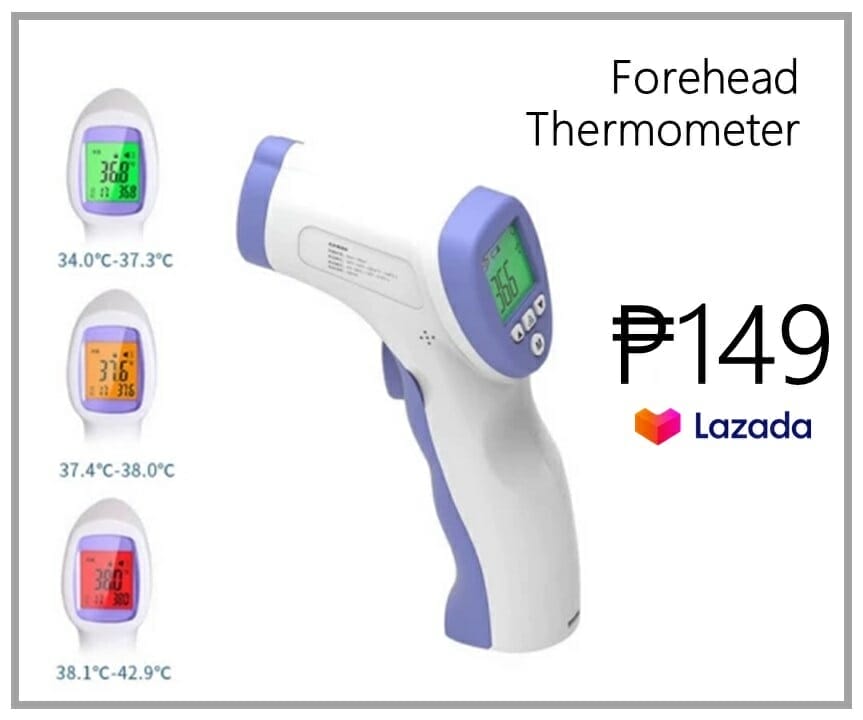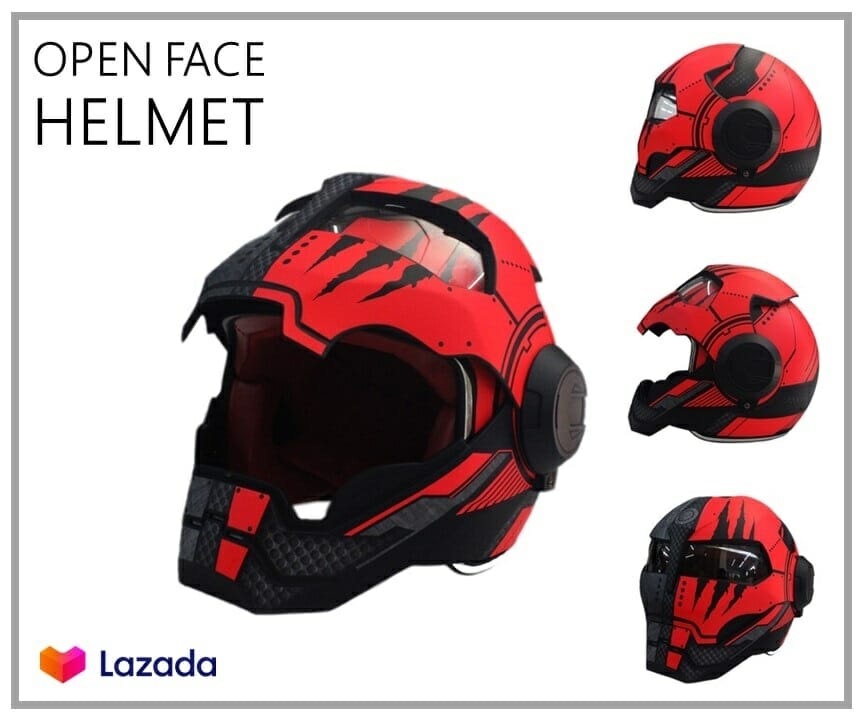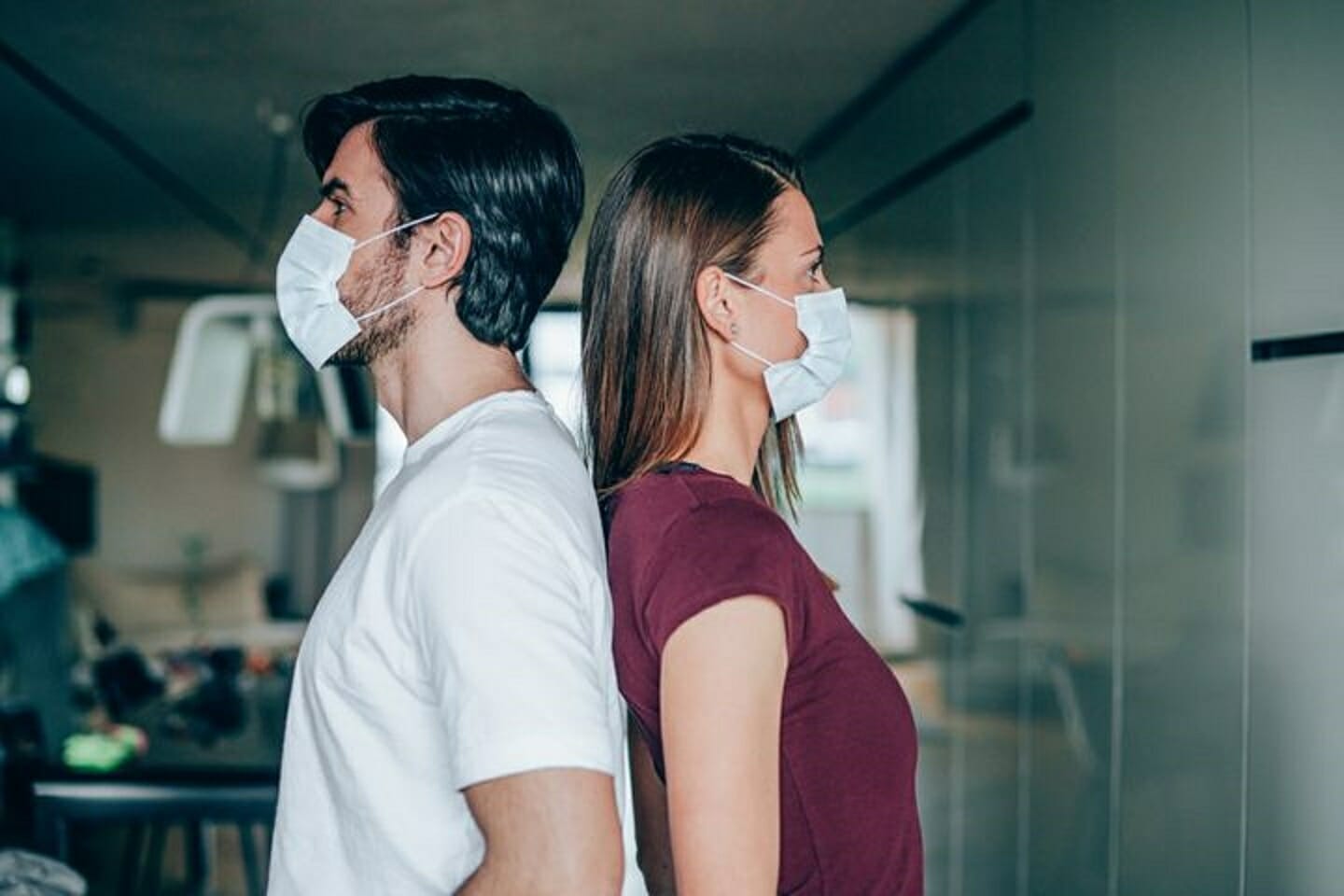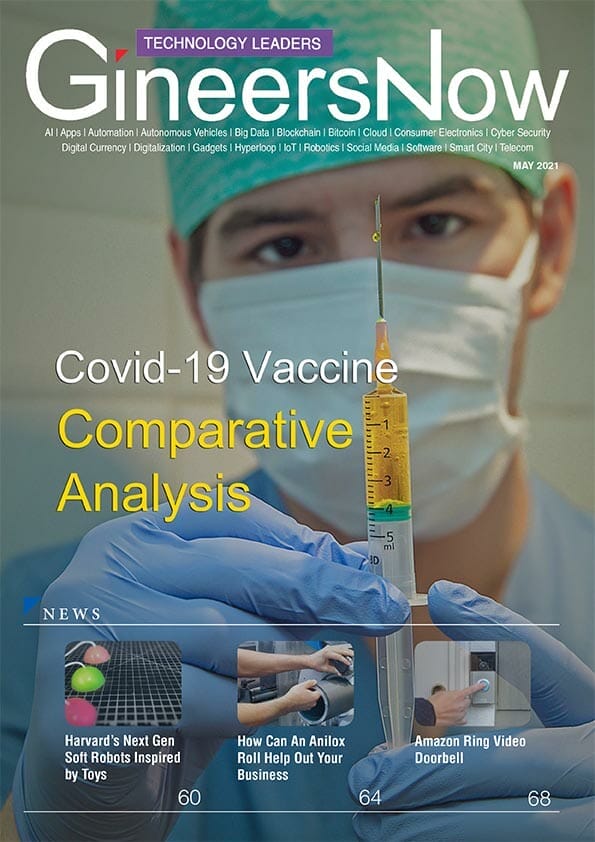COVID-19 WHO Preparedness
If you are not in an area where COVID-19 is spreading or have not travelled from an area where COVID-19 is spreading or have not been in contact with an infected patient, your risk of infection is low.
It is understandable that you may feel anxious about the outbreak.
Get the facts from reliable sources to help you accurately determine your risks so that you can take reasonable precautions (see Frequently Asked Questions). Seek guidance from WHO, your healthcare provider, your national public health authority or your employer for accurate information on COVID-19 and whether COVID-19 is circulating where you live.
It is important to be informed of the situation and take appropriate measures to protect yourself and your family. Mental health preparedness and physical well being during the pandemic is a priority for every citizens around the world (see Protection measures for everyone).

If you are in an area where there are cases of COVID-19 you need to take the risk of infection seriously. Follow the advice of WHO and guidance issued by national and local health authorities. For most people, COVID-19 infection will cause mild illness however, it can make some people very ill and, in some people, it can be fatal. Older people, and those with pre-existing medical conditions (such as cardiovascular disease, chronic respiratory disease or diabetes) are at risk for severe disease (See Protection measures for persons who are in or have recently visited (past 14 days) areas where COVID-19 is spreading).
Preparedness and Response to COVID-19
To view all technical guidance documents regarding COVID-19, please go to this webpage.
- WHO is working closely with International Air Transport Association (IATA) and have jointly developed a guidance document to provide advice to cabin crew and airport workers, based on country queries. The guidance can be found on the IATA webpage.
- WHO has been in regular and direct contact with Member States where cases have been reported. WHO is also informing other countries about the situation and providing support as requested.
- WHO has developed interim guidance for laboratory diagnosis, advice on the use of masks during home care and in health care settings in the context of the novel coronavirus (2019-nCoV) outbreak, clinical management, infection prevention and control in health care settings, home care for patients with suspected novel coronavirus, risk communication and community engagement and Global Surveillance for human infection with novel coronavirus (2019-nCoV).
- WHO is working with its networks of researchers and other experts to coordinate global work on surveillance, epidemiology, mathematical modelling, diagnostics and virology, clinical care and treatment, infection prevention and control, and risk communication. WHO has issued interim guidance for countries, which are updated regularly.
- WHO has prepared a disease commodity package that includes an essential list of biomedical equipment, medicines and supplies necessary to care for patients with 2019-nCoV.
- WHO has provided recommendations to reduce risk of transmission from animals to humans.
- WHO has published an updated advice for international traffic in relation to the outbreak of the novel coronavirus 2019-nCoV.
- WHO has activated the R&D blueprint to accelerate diagnostics, vaccines, and therapeutics.
- WHO has developed online courses on the following topics: A general introduction to emerging respiratory viruses, including novel coronaviruses (available in Arabic, English, French, Chinese, Spanish, Portuguese, and Russian); Critical Care of Severe Acute Respiratory Infections; and Health and safety briefing for respiratory diseases – ePROTECT (available in English and French); Infection Prevention and Control for Novel Coronavirus (COVID-19) (available in English and Russian); Critical Care Severe Acute Respiratory Infection (available in English and French); and COVID-19 Operational Planning Guidelines and COVID-19 Partners Platform to support country preparedness and response.
- WHO is providing guidance on early investigations, which are critical in an outbreak of a new virus. The data collected from the protocols can be used to refine recommendations for surveillance and case definitions, to characterize the key epidemiological transmission features of COVID-19, help understand spread, severity, spectrum of disease, impact on the community and to inform operational models for implementation of countermeasures such as case isolation, contact tracing and isolation. Several protocols are available here. One such protocol is for the investigation of early COVID-19 cases and contacts (the “First Few X (FFX) Cases and contact investigation protocol for 2019-novel coronavirus (2019-nCoV) infection”). The protocol is designed to gain an early understanding of the key clinical, epidemiological and virological characteristics of the first cases of COVID-19 infection detected in any individual country, to inform the development and updating of public health guidance to manage cases and reduce the potential spread and impact of infection.
Source: This article first published by World Health Organization
Other COVID-19 Updates
Top 10 Largest Ventilator Manufacturers in the World
List of Government Officials Tested Positive in PH
Metronic Ventilator Ramping Up Production
Engineers, Can You Help Build a DIY Ventilator for Hospitals?
Water is Our First Line of Defense Against COVID-19
COVID-19 Economic Aftermath on the Construction Industry
Complete List of Companies Working on Coronavirus Vaccine
COVID-19 War: 70K Physicians vs 109M Filipinos
Famous People Who Have Tested Positive for COVID-19
These Politicians Tested Positive for Coronavirus (COVID-19)
Postponed Exhibitions in the Philippines due to COVID-19
Cancelled Major Events Around the World Due to COVID-19
World Bank Gives $12 Billion to COVID-19 Affected Countries
COVID-19 Philippines: DOH on Code Red Status
PPE Shortage Endangering Health Workers Worldwide
The List of COVID-19 Disinfectants Approved by EPA
World Bank Gives $12 Billion to COVID-19 Affected Countries
Air Cargo Demand Down 3.3% due to COVID-19 Disruption
COVID-19 Financial Impacts in the Aviation Industry
COVID-19 Hits January Airline Passenger Demand, IATA




















